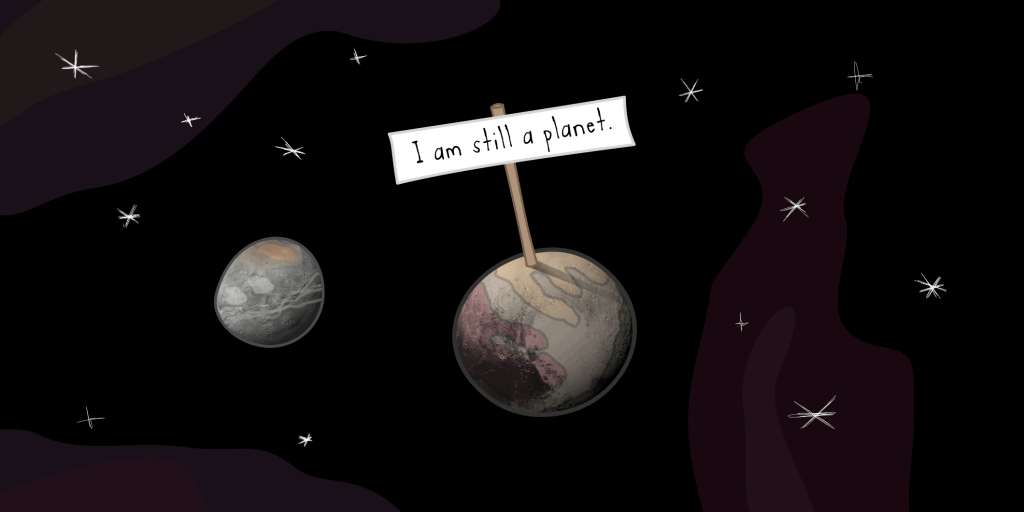Just a few decades ago, the reason we gave to buy something new was because our product simply broke and it could no longer be repaired. So we had to replace it. Fast forward to today, and we find that many products are no longer repairable because to do so is deemed ‘uneconomical’. These days, the art of repair seems to be all but completely forgotten.
Not too long ago, when we needed to replace something, sometimes we could even replace it with an identical model. How many times does that happen today? Never. Why? Because even if we wanted to, a product’s life cycle is so short that it is no longer possible to buy the exact same item even only 1 or 2 short years later.
Nowadays we have to buy a completely new replacement product. We have no choice. We can’t buy the same item even if we wanted to! We’re increasingly forced to live in a more ‘disposable’ world!
But what about our environment? Redesigns require more design time, new moulds and new machinery. Redesigns require new instructions, new packaging.
I am going to argue here and elsewhere that all product cycles which are shorter than necessary are sheer environmental folly. I am going to argue that product cycles need to be much longer, that the products themselves should be user-serviceable wherever possible and that replacement parts should be freely available (and for a very reasonable cost).
I think product designers have a special ethical obligation to design for the long-term not the short term. Just because you can create something new doesn’t mean that it is any good. I believe that a great design will stand the test of time. I believe that customers will return to reliable, trustworthy brands –even decades later– provided that their products have been shown to endure.
And I think consumers have an equally special ethical obligation to keep things for as long as possible. Not only is this much better for the environment, but I think we’d actually be happier for it because we’d get more satisfaction buying things that we actually need, when we need to. I almost never throw something out because I get bored with it. I always try to find a new home for my old products. I’m hoping that you will too.
You might complain that the cost of a new replacement battery or charger or whatever hardly makes it worth your while. “…for only 15 dollars more I can get a brand new XYZ…”, I hear you say. The reason for that is partially because of supply and demand. If more people bought just the replacement parts instead of the whole darn new thing, the cost of the replacement bits would surely plummet, due to the economies of scale.

